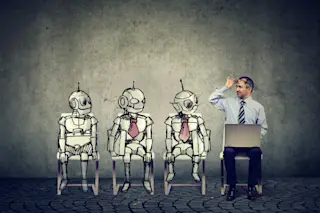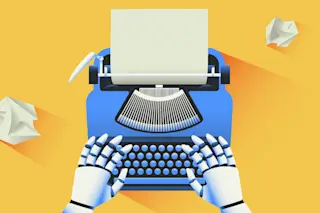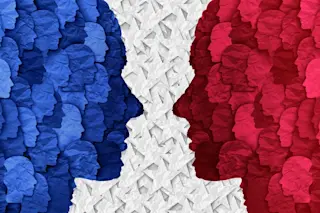On 1 April, the Italian government banned ChatGPT, an artificial intelligence system that generates human-like text and computer code. ChatGPT is trained on massive amounts of data scraped off the internet and the Italian authorities were concerned that this constituted a breach of privacy for those who owned the data. The ban continues as it investigates further.
But this ban has had an unintended consequence. One of the big questions about ChatGPT and other so-called large language models, is how humans are beginning to use them to improve their productivity (or to replace other humans entirely). The potential seems clear but nobody knows how ChatGPT is already filtering into the workplace.
Enter David Kreitmeir and Paul Raschky at Monash University in Australia, who realized that the Italian ban inadvertently created the perfect conditions to find out by looking at work patterns before and afterwards. It turns out, they say, that ...














